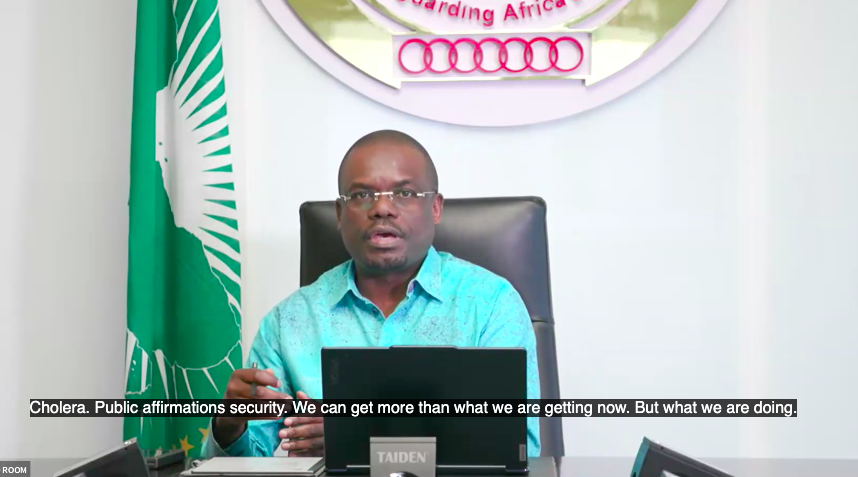
“We only had one death due to Mpox in Burundi because case management was solid, and they followed the guidance we provided,” declared Dr. Jean Kaseya, Director-General of Africa CDC, during his weekly media briefing this Thursday.
This 14 August weekly press conference carried special weight. Almost exactly one year ago, on 13 August 2024, Africa CDC declared Mpox a Public Health Emergency of Continental Security. At that time, the continent was facing a perfect storm: unprecedented and sustained human-to-human transmission, a rapid jump in the number of countries affected, a sharp rise in both cases and deaths, and an alarming lack of continental preparedness and response capacity.
To confront this, Africa CDC established the Incident Management Support Team, an emergency mechanism designed to coordinate outbreak responses. The World Health Organization also classified Mpox as a Public Health Emergency of International Concern, warning of a high risk of global spread.
Four Major Health Battles
One year later, the challenges remain daunting. Africa CDC is currently tracking four major outbreaks across the continent: cholera in 23 countries, Mpox in 24, along with ongoing threats from measles and dengue fever.
Coming back to Mpox, in August 2024, Mpox was present in just 13 African countries. Today, the number stands at 24. Dr. Kaseya acknowledged that this represents a setback, but he pointed out an important shift: from January to August 2025, the number of confirmed cases has actually decreased, even though suspected cases remain high.
When Mpox was first declared a continental emergency, Africa had only 20,000 vaccine doses pledged — and not a single one had arrived. Now, the situation has transformed. More than six million doses are available, over three million have already been administered, and twelve countries have rolled out vaccination campaigns. Nearly 886,000 people have received at least one dose of the vaccine.
Burundi’s capacity to detect and respond to Mpox has also expanded dramatically. In just one year, the number of functional laboratories in the country jumped from two to 56, a leap that has made a tangible difference in detection speed and treatment.
Signs of Improvement
WHO’s multi-country situation reports show that since February 2025, the weekly number of confirmed cases in Burundi has fallen below 50, compared to over 200 at the end of 2024. Recovery rates remain impressive: out of 3,568 recorded cases, 3,420 patients have recovered. Africa CDC attributes this downward trend to decentralising diagnostic capacity and reducing delays in test results.
Despite limited resources, Burundi has managed to organise an effective hospital-based care system. New treatment centres have been opened in Muyinga, Kamenge, Gitega, and Kayanza, with support from WHO and UNICEF. These facilities have been instrumental in containing local outbreaks, improving patient management, and keeping mortality low.
From a single fatality to a robust network of labs and treatment centres, Burundi’s Mpox response has become a case study in rapid, coordinated action and a quiet success story in Africa’s broader fight for health security.



